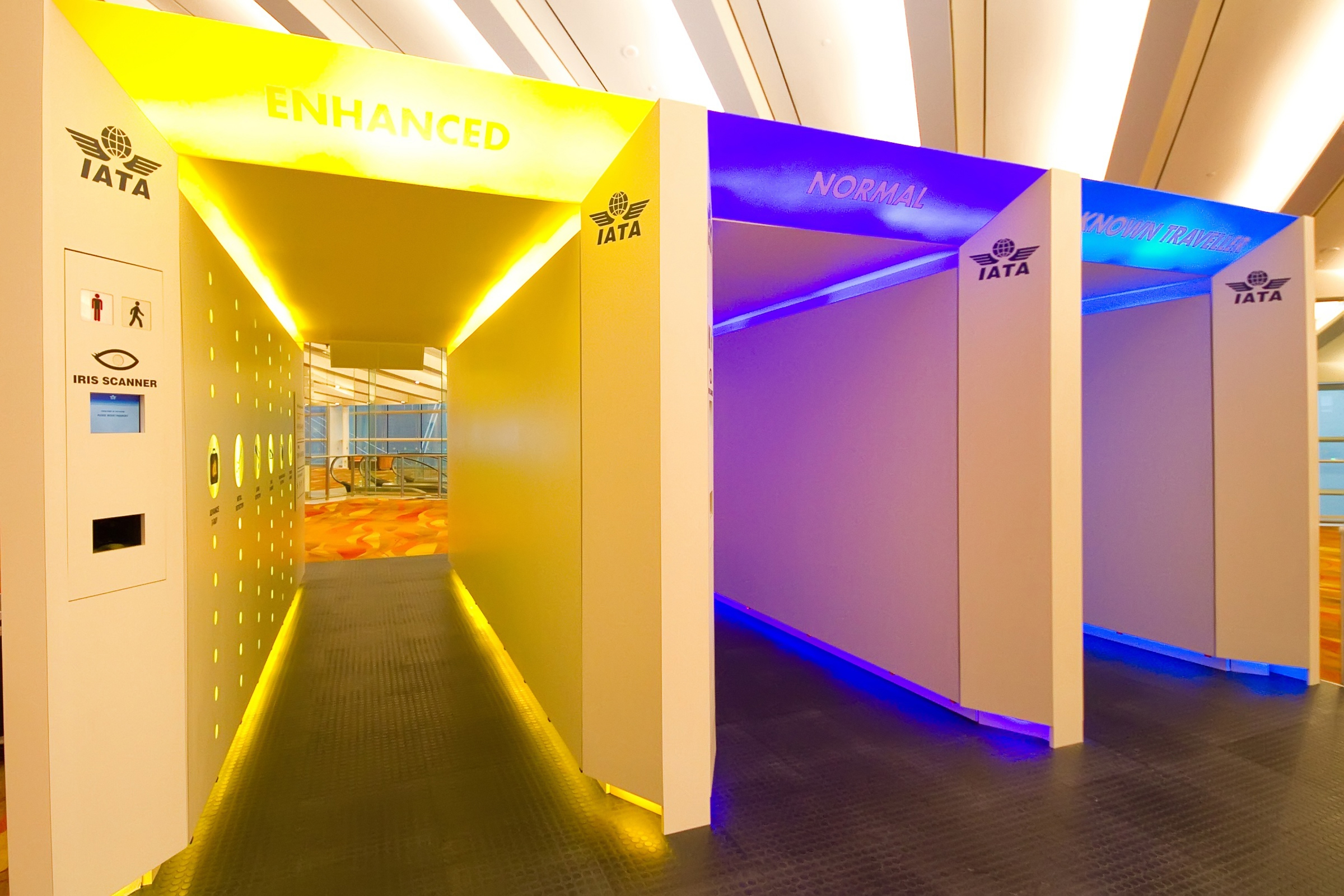With the 10 year anniversary of America’s 9/11 attacks fast approaching, many articles are popping up about how this event changed the aviation industry. Everyone agrees that air travel hasn’t been the same ever since. Many new and sometimes questionable security measures have been introduced making travelling through an airport a rather lengthy and sometimes purely uncomfortable process. But what does the future of airport security hold? Msnbc.com’s Bill Briggs wrote an interesting article about exactly that.
The article, titled “Airport security: you ain’t seen nothing yet” questioned industry opinion leaders about how they see the future. “The future of transportation security will be gathering intelligence technologically while people are moving at the speed of life, not beginning at a point where passengers are queued up, delayed, stripped down and probed,” said Ed Daly, director of intelligence-watch operations for iJet in the article.
Criticized for their overly intrusive body scanners, the US Transport Security Administration (TSA) is mentioned several times in the article. The agency is currently testing behavioural questioning at Boston’s Logan Airport (IATA: BOS) and will also test its “known traveller program” this autumn in Dallas, Miami, Atlanta and Detroit.
Another opinion leader Briggs interviewed is Vernon R. Herron, senior policy analyst at the Center for Health and Homeland Security. He said that within 30 years, biometric fingerprinting will give way to passports laced with computer chips. Your official travel document “will not only have information as to who you are and where you have traveled, but it will also … allow government officials to track your travel not only in the air, but your daily travels to work, grocery stores and social events.”
You can find the full story “Airport security: you ain’t seen nothing yet” on msnbc.com.
[Photo from IATA – all rights reserved]

